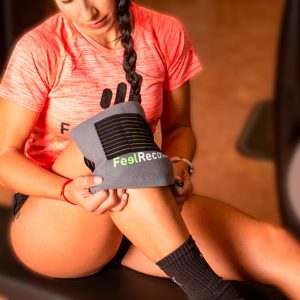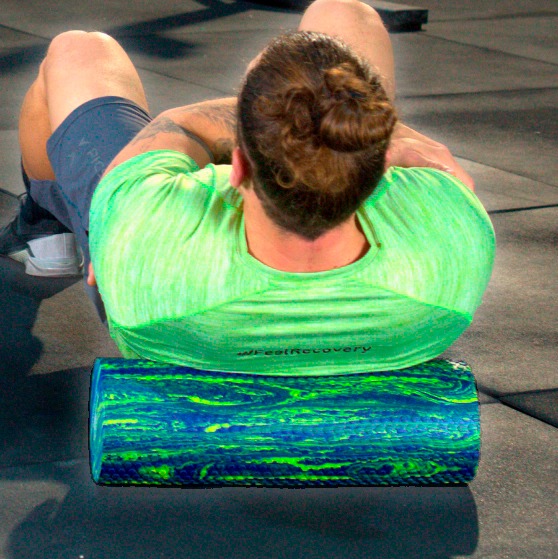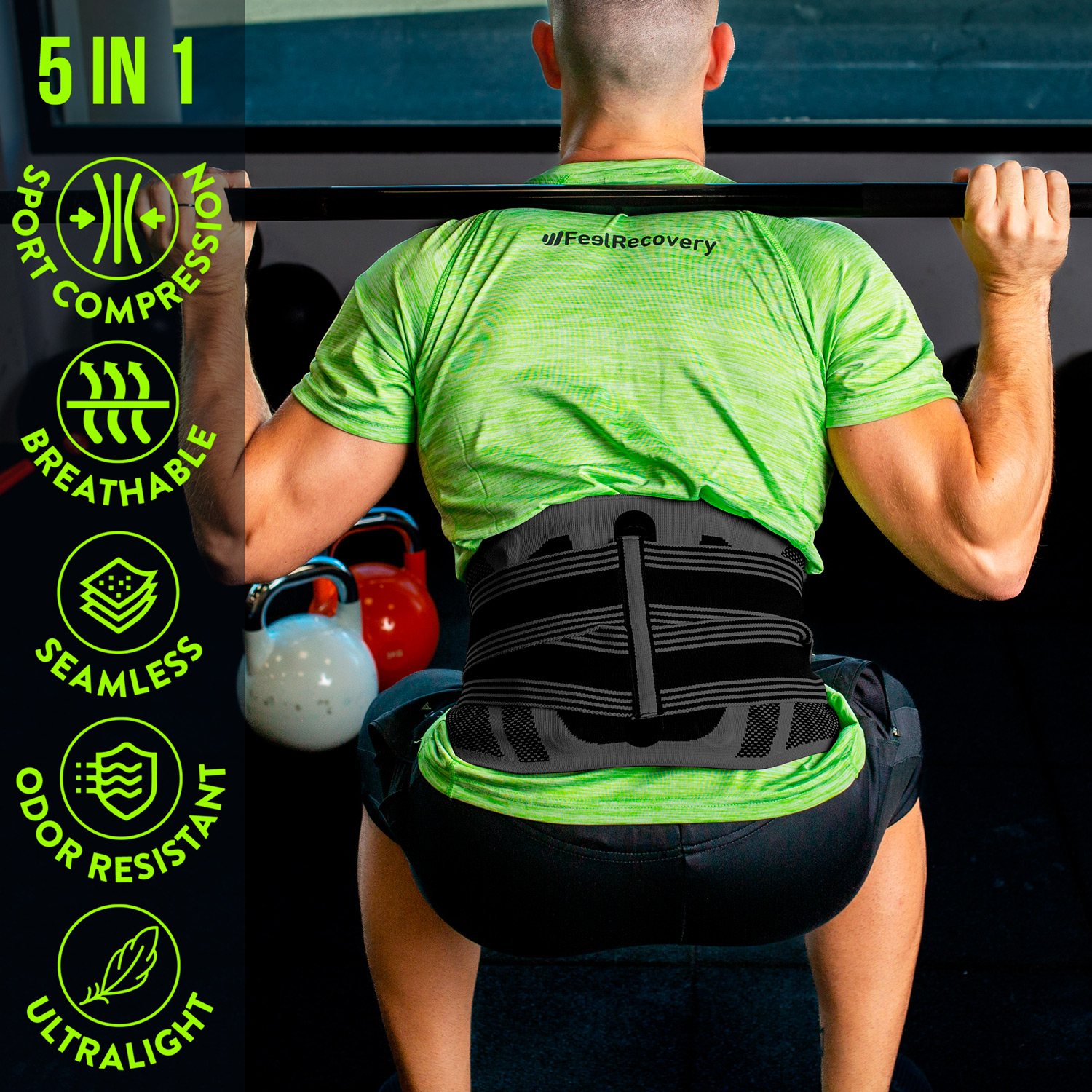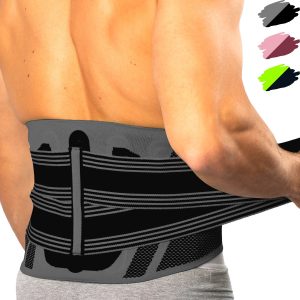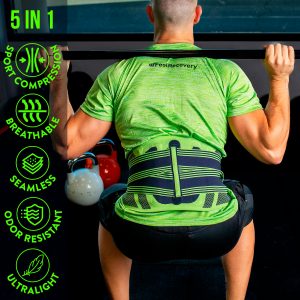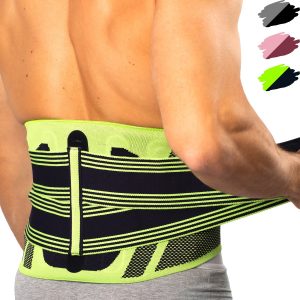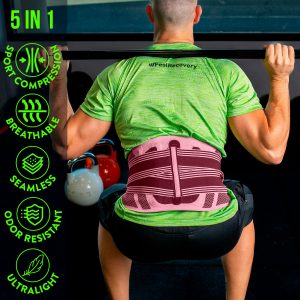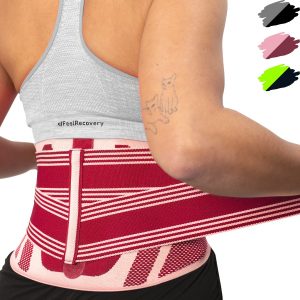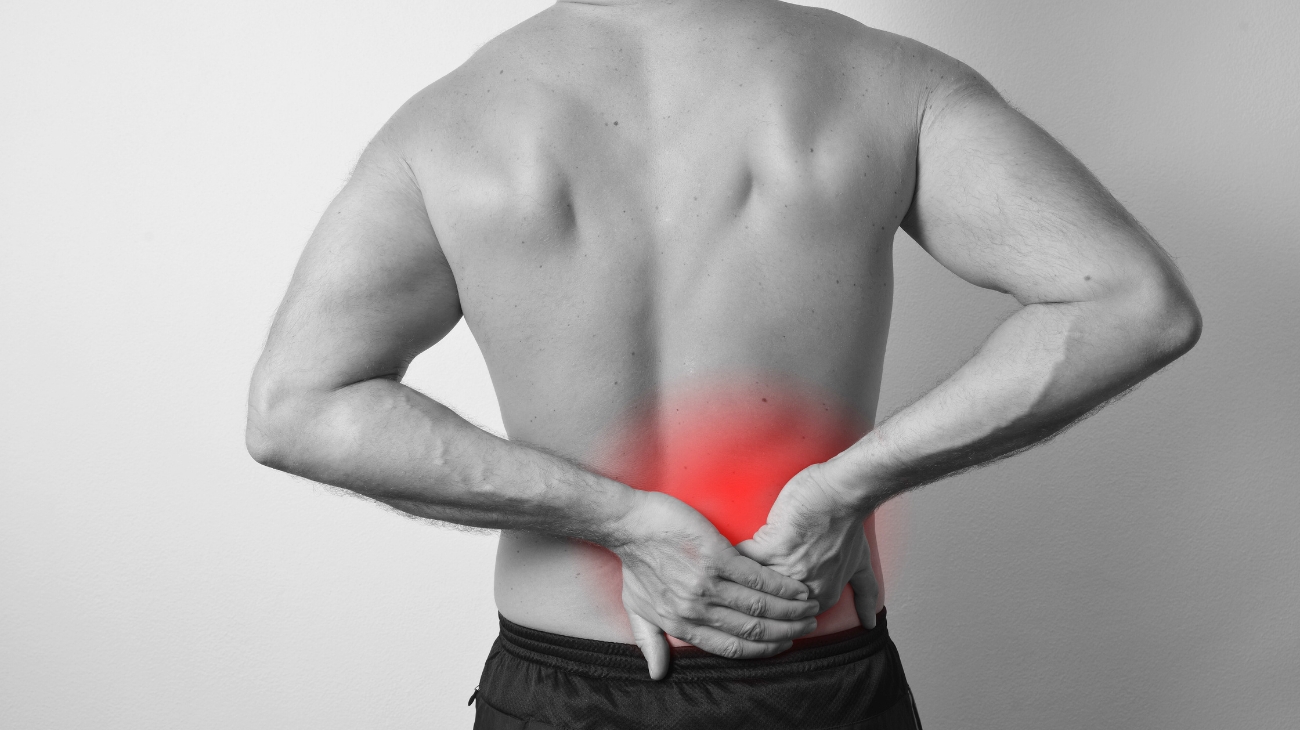Work injuries are one of the leading causes of back pain, affecting workers across various industries. Activities like heavy lifting, repetitive bending, or prolonged sitting can strain the back muscles and spine. Back braces and supports provide essential stability and relief, making them invaluable tools for recovery and prevention.
One of the primary benefits of using back braces is their ability to reduce strain on the lower back. Compression back supports promote proper posture by encouraging spinal alignment, which minimizes the risk of further injury. For workers who frequently lift heavy objects, these braces help distribute weight evenly, preventing undue stress on the lower back muscles and vertebrae.
Lumbar supports are also designed to alleviate existing pain. By compressing and stabilizing the lumbar region, they reduce inflammation and tension, offering immediate relief for those experiencing discomfort from work-related injuries. Many braces feature adjustable straps and ergonomic designs, ensuring a secure fit for maximum comfort throughout the workday.
For individuals recovering from severe injuries, structured back belts offer additional support. These braces limit excessive movement, promoting healing while preventing accidental overextension of the spine. This feature is particularly useful for those returning to work after an injury, as it provides the confidence to resume daily activities safely.
Beyond their functional benefits, high-quality lower back braces are crafted with breathable materials to enhance comfort during extended use. The lightweight and flexible designs ensure mobility, allowing wearers to perform a wide range of movements without restriction.
When choosing a lumbar support belt, consider factors like the severity of your injury, the type of support required, and the nature of your work. Compression sleeves are ideal for mild discomfort, while structured braces are better suited for severe pain or recovery from significant injuries. Consulting a healthcare professional can guide you toward the most effective solution for your needs.
Integrating a lower back belt into your routine can significantly enhance your recovery. Pairing its use with regular stretching and strengthening exercises can improve muscle function and prevent future injuries. Back braces not only provide relief but also empower users to maintain productivity and well-being at work, ensuring a balanced and active lifestyle.
FAQ: Frequently Asked Questions
How do back braces help with work injuries?
Back braces provide support, compression, and stability, reducing strain on the muscles and spine. They help manage pain and prevent further injury during physical activities at work.
Are back braces suitable for daily use?
Yes, most back braces are designed for daily wear. They are made with breathable materials and adjustable straps to ensure comfort throughout the day.
Can I lift heavy objects while wearing a back brace?
Absolutely. Back braces are specifically designed to support the lumbar region during heavy lifting, reducing the risk of strain and injury.
How do I clean and maintain my back brace?
Hand wash your back brace with mild detergent and air dry it. Avoid machine washing to preserve its elasticity and structure.
What should I consider when selecting a back brace?
Consider the nature of your work, the severity of your pain, and the type of support required. Structured braces offer maximum stability, while compression sleeves are ideal for mild discomfort.


